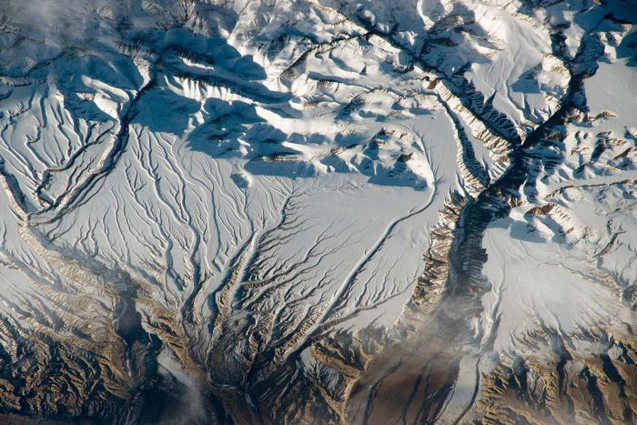Holly Gillibrand is skipping class to join pupils around the world in pushing for urgent measures
 |
| Holly Gillibrand has spent the past five Fridays on strike outside her school in Fort William. Photograph: Twitter |
But for the past five Fridays, while hundreds of her fellow students file into class, she has stood outside Lochaber high school in Fort William in the Highlands to take strike action.
Her protest is not for better classrooms, nicer meals or more free time. Holly, 13, is helping to build a UK movement of children demanding more action on climate change by withdrawing themselves from the lessons they are legally required to attend.
They are working towards a UK school strike next Friday, which will follow other walkouts by tens of thousands of children across Belgium, Germany, Switzerland, Sweden and Australia.
Holly was inspired by the actions of Greta Thunberg, who in September sat outside the Swedish parliament for three weeks on “school strike”. International interest in her story led to Thunberg going to Davos last month to address world leaders. While she travelled for 32 hours on trains to reach the ski resort, political and business leaders hired 1,500 private jets to get to the summit.
Each week, Holly and a small group of supporters carry placards with slogans such as “School strike for the climate”, “Beep for climate action” and “Striking for the seas – stop global warming now”, and take time out of classes to demand action.
“It’s the first time I have done anything like this,” she said. “But I feel very angry, very scared and I see that they [political leaders] are not taking climate change seriously. It is an urgent crisis that needs to be addressed.”
Holly has tried to make changes to reduce her carbon footprint and insisted the Guardian did not send a photographer to drive two hours from Glasgow to take her portrait. “I take the bus, I am almost completely vegan, as are my parents, and my family has always been very environmentally aware,” she said.
Taking time out of school is a powerful weapon, Holly believes, to draw attention to the need to act more decisively to tackle climate change. “I am not sure how my headteacher feels, but my class teachers have been very supportive,” she said.
“I have had lots of people joining me, although not as many from my school as I hoped, but we are hoping many other children from schools across the country will take action next week.”
Across Europe, a pushback from adults – particularly those in power – seems to have begun. The Belgian environment minister, Joke Schauvliege, recently suggested the school strikes were not genuine actions of young people angry and frustrated about the future of their planet, but a “setup” and “more than spontaneous actions of solidarity”.
Schauvliege claimed Belgium’s intelligence services had information that the children were being directed by unknown groups or individuals. But such was the political backlash, she was forced to resign last week.
Holly has gained support globally via social media, where a network of young people are reaching out across national boundaries. She has little time for adults who doubt and criticise her actions.
“I say to people who object to us missing lessons, what is the point of studying for a future that if nothing is done, we might not have?” she said.
On her first strike day, Holly explained clearly why she was taking the step. “I am striking because we are running out of time. Thousands of children around the world should not be having to miss classes because of our leaders’ inability to treat the climate crisis as a crisis,” she said.
Over the past few weeks, she has featured in Scottish media and been recruited as an environment columnist for the Lochaber Times.
And her sense of urgency and passion has only increased. As the school strike message continues to spread across the globe, Holly says she is determined to follow Thunberg’s lead.
“Greta Thunberg, thank you for leading the way,” she said in a tweet. “You are right – with action does come hope.”
Links
- UK pupils to join global strike over climate change crisis
- The children skipping school aren't ruining the planet – you are
- The Human Survival Summit: The Next Wave Of Climate Change Protests Is Coming
- Greta Thunberg Dresses Down More Global Elites For Climate Inaction
- Teenage Activist Takes School Strikes 4 Climate Action To Davos
- ‘Grown-Ups Have Failed Us’
- Parenting The Climate Change Generation
- 15-Year-Old Greta Thunberg Speaks Truth To Power In Katowice
- Children Demand Climate Change Action Through Protests And Lawsuits
- Australian Students Stage School Strikes Over Climate Change Inaction
- Schools Climate Strike: The Best Protest Banners And Posters







